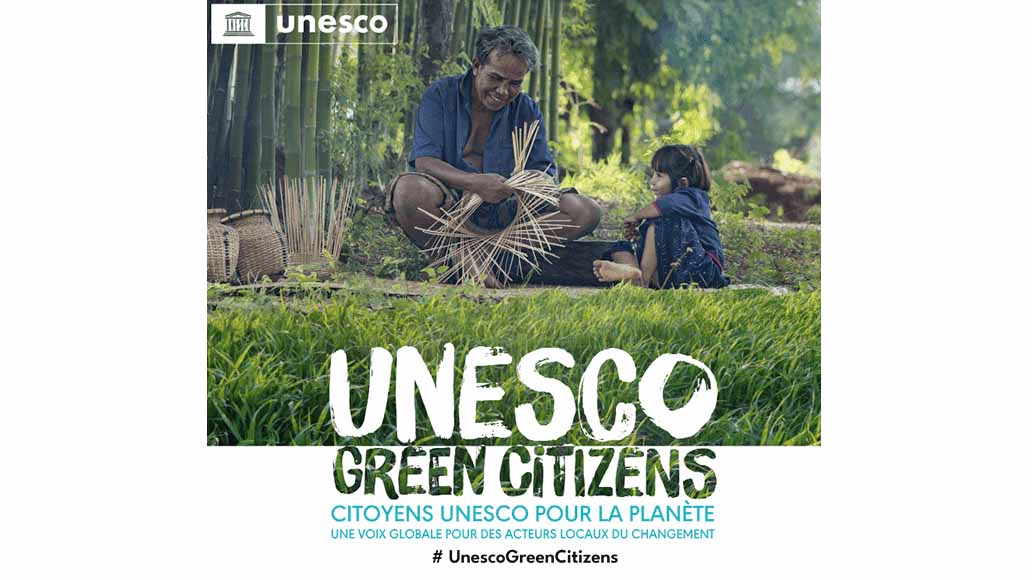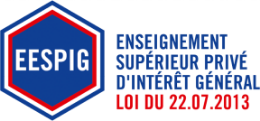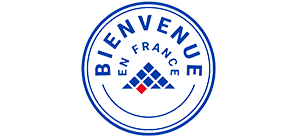Green Turtle recognized by UNESCO

The Green Turtle Project: The plastic-waste-tracking robot turtle has been selected by UNESCO from many citizen projects in the world to be recognized among the 100 “UNESCO Green Citizens” initiatives.
UNESCO GREEN CITIZENS is a global campaign highlighting and supporting local, innovative, replicable citizen projects that have an impact on their community.
This UNESCO platform was born of the conviction that changes in our relationship with living ecosystems will only be achieved by bringing together the complementary actions of the different actors and the networking of these commitments. With more than 100 inspiring projects in 56 countries, UNESCO is inviting citizens everywhere to get involved.
The Green Turtle project was identified by the UNESCO network of experts, and meets the three selection criteria: replicable, innovative, and impactful.
The Green Turtle Project: advantages identified by UNESCO
By 2050, there will be more plastic than fish in our oceans! However, there are still no widely available solutions to collect waste in ports and coastal areas that are heavily affected by marine currents and flows.
Green Turtle, a project by ESTACA students from the WAVE association, is a practical, inclusive and accessible solution to enable municipalities and local communities to act and clean up the ocean.
An innovative project inspired by nature
Green Turtle is an autonomous robot collecting waste in ports, designed to use its artificial fins to move. Fully automated, equipped with a detection system, the turtle tracks and collects waste. With a stomach with a storage capacity of 50 liters, it can collect waste on the surface as well as underwater (plastic bags, cups, cans…).
See the Green Turtle project page on the UNESCO website













